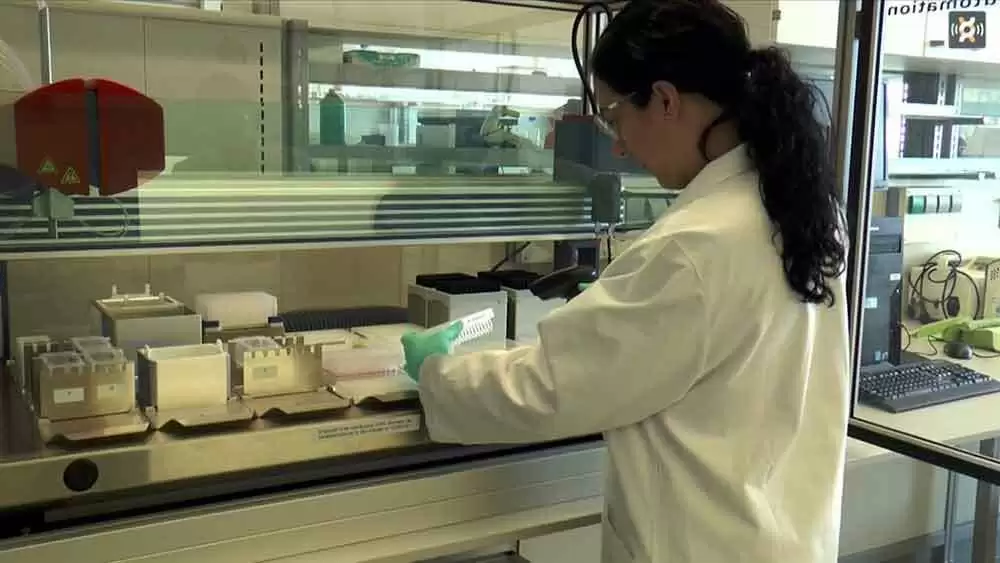
Celiac.com 01/25/2020 - Depending on what source you read, there may be as many as 6.5 million celiac patients in the U.S. With these numbers, I have long believed that we really need to either find a cure or an effective way to manage this disease. I, like many others, have been wondering if a "magic pill" would ever be produced so I could escape from the dry, terrible tasting, overpriced gluten-free food.
Thus, when I read an article about some research being done on celiac disease, I contacted the company conducting the clinical trials so I could be placed on their mailing list and hear about the results as soon as possible. At the time, I was not eligible to participate.
Celiac.com Sponsor (A12):
To my surprise, a few months later, I was contacted by the agency conducting these trials. They asked if I would like to participate in the next testing phase of a medication called Larazotide which was being produced by Alba Pharmaceuticals.
Prior to this opportunity, my only contribution to the celiac community was my list of foods that were actually palatable, and which I sent to newly diagnosed celiac sufferers on request. I also talked to my local specialty stores to ask them to order certain brands of foods and discontinue a certain brand of baked good that tastes like sand.
With the invitation to be involved in this research, I now felt that I had an opportunity to really weigh in on a potential cure for this disease and really make a difference.
At the appointed time, I went in for my physical and briefing. After learning about the drug, the study, and what would be expected, I signed on. I took my meds as instructed and kept my bowel movement data on what was affectionately named my "Brown Berry". This device was supplied by the agency as well as follow up visits and what I considered the most important benefit, both a pre and post-study duodenal biopsy.
I entered the program with some apprehension, but to my surprise, it went quite smoothly. Appointments were made at my convenience and the contract allowed participants to leave the study at any time. The physical examination and subsequent follow ups were thorough and I was made to feel like a valuable part of the study.
This article is not a promotional piece for Alba Pharmaceuticals. I had not even heard of them until I got involved in the study. It is however, a promotional piece is for all of you reading this is to become or stay active in the celiac community. I know from experience that involvement in such activities encourages you to take an active interest in your health. Whether it’s speaking to store managers about carrying quality products to make your life a little easier or getting involved in a study, it is time to be proactive. Don’t wait for someone else to step up.
When this study is published sometime around the first of the year, I will be very proud of my small contribution. Let’s hope Larazotide is our "magic pill" and we can start enjoying real food again. Until then, please step up to the plate and become proactive in our health. We all benefit from each others’ contributions.







Recommended Comments
Create an account or sign in to comment
You need to be a member in order to leave a comment
Create an account
Sign up for a new account in our community. It's easy!
Register a new accountSign in
Already have an account? Sign in here.
Sign In Now